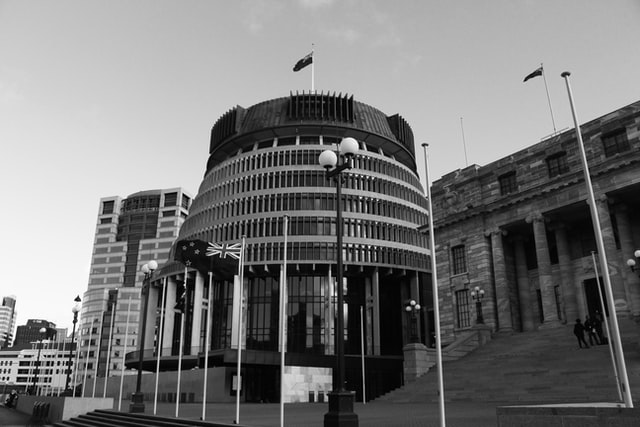Friday news roundup June 5, 2020

America’s May unemployment rate is expected to be almost 20%. Economists in the US expect to see 8.33 million job losses in May, but believe June should be more positive. On top of the 20.5 million jobs lost in April, which brought unemployment to nearly 15%, economists believe the rate will have risen to nearly 20% in May. However, this is likely to be the peak of the Covid-19 recession as although layoffs were very high, rehiring started later in May as businesses reopened. Ethan Harris, head of global economics at Bank of America says: “Our assumption is that only about half of the jobs that were lost come back over the course of the next three to six months.” The unemployment rate should therefore fall back to 13% by September and 11% by year end.
Recession looms in India as the economy reopens. India is gradually emerging from a lockdown that has lasted for over two months, but with infections still on the rise, the economic situation remains uncertain. India’s retail association says sales of non-essential items—e.g. clothes, electronics, and furniture—fell by 80% in May; whereas sales of essential goods—e.g. groceries and medicines—dropped by 40%. Reversing the disruption will be a long process beset by low demand, falling exports, labor shortages, and new rules requiring social distancing and other safety measures to curb the Covid-19 pandemic. While the easing of restrictions will lead to a recovery, economists expect it will take up to three months for economic activity to reach even half the level it was at before the outbreak.
The Bank of Japan is likely to maintain its economic recovery view. It is believed that the Bank of Japan will maintain its projection that the Japanese economy will gradually recover from the damage caused by the coronavirus pandemic in the latter half of 2020. The Bank’s optimism stems from its belief the country’s economy hit bottom in April or May. But, recovery could be slowed if there is a renewed spike in infections, rising job losses, or a bigger-than-expected slump in emerging economies. “Japan’s economy will rebound in July–September if there’s no renewed spike in infections. Even so, it may take until 2023 or 2024 for the economy to climb back to levels before the pandemic hit,” said Yoshiki Shinke, chief economist at Dai-ichi Life Research Institute.
New Zealand may have eliminated Covid-19. Providing there are no new and unexpected cases of Covid-19, scientists expect to be able to declare that the virus has been eliminated from New Zealand next week. The news would make it the first country in the OECD to be able to make such a statement. The last person known to have contracted the virus domestically from an unknown source was diagnosed on April 29 and remained in quarantine until May 18, according to the Ministry of Health. Elimination of the coronavirus could be declared 28 days after the last confirmed domestic case of the illness had left quarantine, which would be on June 15. An early and intense lockdown, the country’s geographical isolation, and confidence in the government’s approach which has been communicated clearly and compassionately may all have played a part in New Zealand’s success.